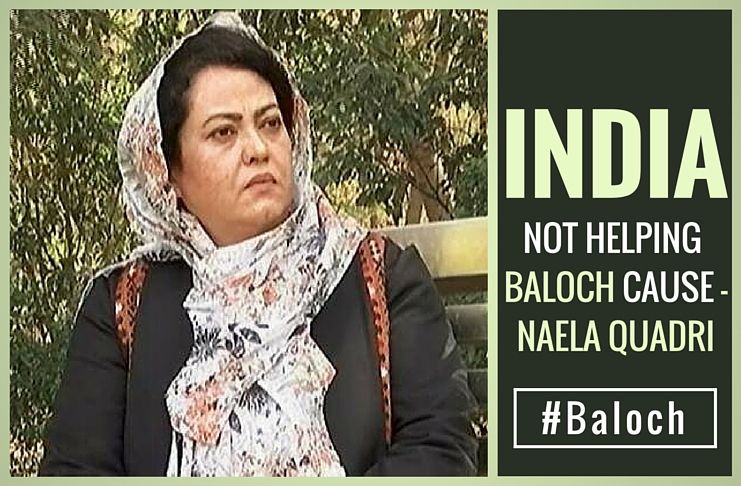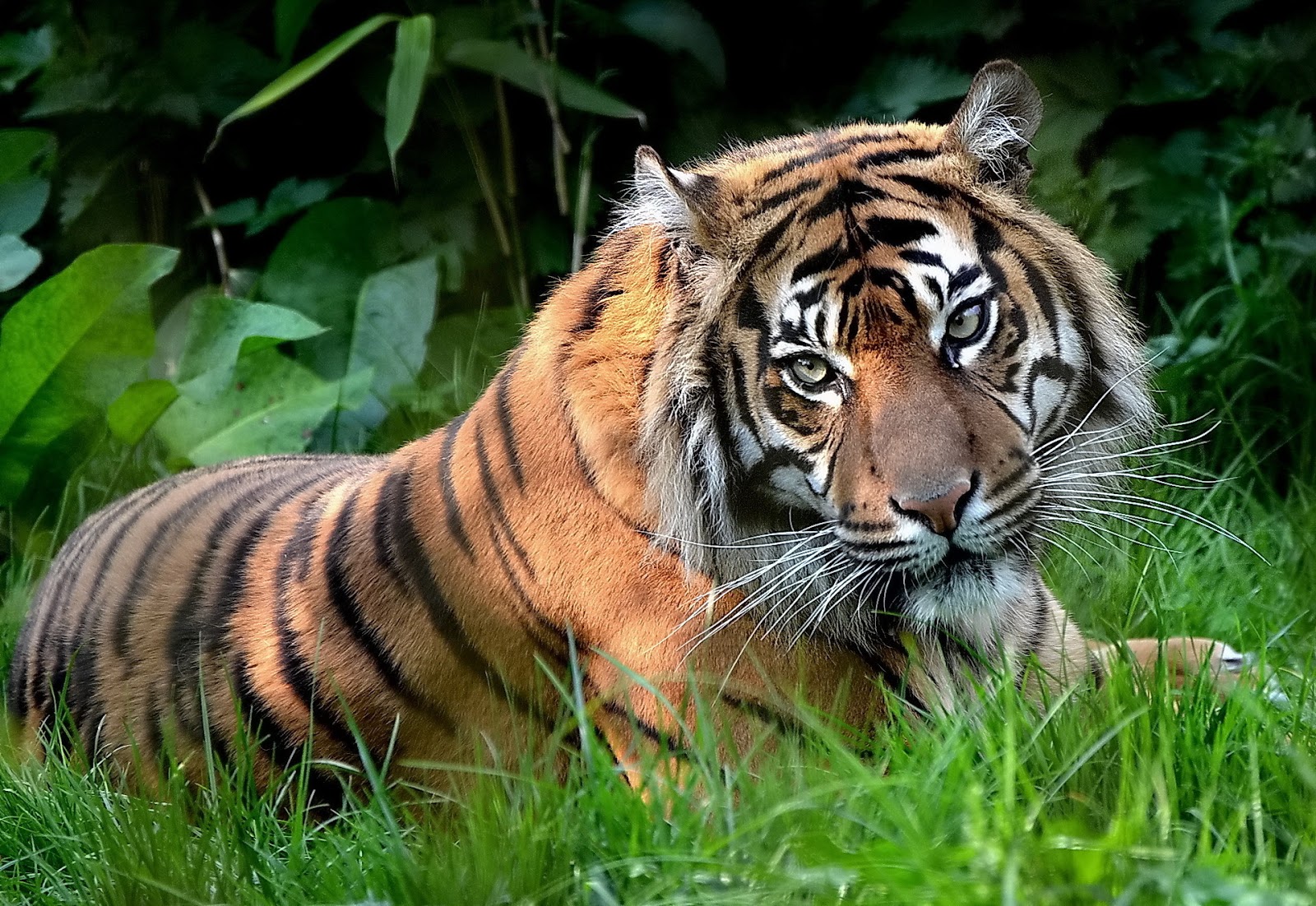Encouraged by Prime Minister Narendra Modi’s supportive words, leaders of the Baloch nationalist movement have sought support from the US and European countries against the oppressive Pakistani regime.
Opinion
17/08/2016.
675.
All Members,
Respected family members of this great holy Nation.
Sub : Encouraged by Prime Minister Narendra Modi’s supportive words, leaders of the Baloch nationalist movement have sought support from the US and European countries against the oppressive Pakistani regime.
Ref : Hope US, Europe will join Modi and hold Pak accountable: Baloch leader
Hindustan Times
“The world must understand that Pakistan’s use of religious terrorism as a policy tool will have far reaching consequences; terrorism cannot be contained but needs to be countered effectively,” Khalil Baloch, chairman of the Baloch National Movement, said in a statement.
“Baloch nation hopes that the United States and Europe will join Prime Minister Modi and hold Pakistan accountable for the crimes against humanity and the war crimes it has committed against the Baloch nation in 68 years of its occupation of Balochistan and during the five wars that the Baloch nation has fought with Pakistan to win its national freedom,” Baloch said.
Baloch activists thank PM Modi for highlighting their plight
Modi backs 'freedom' in Balochistan, PoK in I-Day speech
Independence Day speech: PM Modi supports Balochistan, slams Pakistan atrocities
While welcoming Modi’s stance on Balochistan, he said the “policy of indifference towards Pakistan’s war crimes in occupied Balochistan that include both ethnic cleansing and genocide, adapted by the international community is worrying”.
“The Indian Prime Minister’s statement on Balochistan is a positive development,” Baloch said.
Thanking Modi for his statement on Balochistan, Brahumdagh Bugti, president of the Baloch Republican Party in a video statement, hoped that the Indian government, Indian media and the whole Indian nation would not only raise their voices for the Baloch nation but also strive to help practically the Baloch independence movement.
Modi’s comments were widely seen as a riposte to Pakistan’s adoption of a hardline stance on the Kashmir issue. In recent days, Pakistan has sought to repeatedly internationalise the Kashmir issue and spoken about sending medical and other aide to people in Jammu and Kashmir affected by a wave of unrest following the killing of Hizbul Mujahideen commander Burhan Wani.
Bugti, who is the grandson of Nawab Akbar Bugti – a Baloch nationalist leader who was killed in an encounter with the Pakistani army, said Pakistan’s destructive role in Kashmir and its direct involvement in terrorist attacks in India such as Mumbai and Pathankot has been a very well exposed fact.
“In this context, raising the voice of the Baloch people should not be a temporary reaction or short term strategy by the Indian government, but should be a sincere intention of the Indian people to support their oppressed Baloch brothers and sisters and should be very serious part of the foreign policy of the Indian government,” Bugti said.
“The Baloch mission and all the oppressed people of the world, still remember the decision of the Indian government when India intervened and came to the rescue of Bengali people from Pakistani brutalities in 1970s,” he said.
Pakistan demands self-determination and self-rule of Kashmiris and at the same time in Balochistan it is crushing the same demand of Baloch people by force, he said, adding that this not only exposes the double standards of Pakistan but also their evil design to destruct the peace and stability in the region.
The remarks by Baloch leaders came after Prime Minister Modi brought up Pakistani atrocities on people of Balochistan and PoK in his Independence Day speech on Monday.
2.
Sub : What is the Baluchistan conflict? What do the people of Baluchistan want?
Abhishek Nisal
Written Apr 15, 2015 ·
Ref : Media report- QUORA
Pakistani Balochistan :
Balochistan is the largest, least developed and least populated unit that lies in the southwest part of Pakistan. Baloch make 4% of Pakistan’s population. Balochis are basically from Iran but the 11th century wars and invasion moved them eastward towards modern day Pakistan.
From 17th century till 1950s, the region was under the influence of the Mughals, Nader Shah’s Persian Empire and Afghanistan’s Durrani Empire until it became a self-governing princely state via the subsidiary alliance with the British. With the freedom of India and Pakistan, it became an independent state and subsequently acceded to Dominion of Pakistan. Balochi nationalists believe Mohammad Ali Jinnah forced the ruler of the region to sign the document of accession.
1. One Unit Policy and its fallouts :
In 1954 Pakistan government had launched a geopolitics program called “ONE UNIT” as it faced difficulty of administering the two unequal polities of West Pakistan and East Pakistan (now Bangladesh), which were divided, by thousands of miles of India in between. During this programme, the four provinces of West Pakistan were to be merged into one province and East Pakistan was also to be merged into a single unit.
This so called One Unit Scheme led to a violent response from Ethno-nationalists like the Balochs, for they were against the amalgamation of the federating units. The Scheme decreased Baloch representation at the federal level and prevented the establishment of a provincial assembly.This led to rebellion against the Pakistani central government in 1959 .The rebellion was largely a failure due to harsh government suppression.
2• Liberation of Bangladesh impact :
Over the next decade, after Bangladesh liberation,Balochistan was treated like a colonial possession rather than a part of the Pakistani state. Punjabis and other non-Baloch groups controlled the administration and indulged in resource exploitation along with the central government. Additionally, low rates of literacy and overall impoverishment plagued the province. To prevent further dissent, the government tried to build new military bases in the conflict areas of Balochistan.
Sui in Balochistan is Pakistan’s biggest natural gas field and therefore the goal of the Baloch militants was to force Pakistan to share revenue generated from the Sui gas fields with the ethnic leaders. For this purpose they bombed railway tracks and ambushed convoys. Army retaliated by destroying vast areas of tribal land and ultimately the insurgency ended in 1969 when the separatists agreed to ceasefire, the “One Unit” policy was abolished and Balochistan was recognized as the fourth province of West Pakistan.
3• Renewed Insurgency :
Hostilities between the Pakistani army and the Balochi rebels reached a high point around 1974.
In 2004, a renewed ethnic insurgency broke out, and violence has escalated since the killing of the Baloch leader Akbar Bugti by the army in 2006 and the unlawful detention and disappearance of many additional Baloch leaders by the Pakistani government.
4• Baloch Grievances :
- Balochs see and perceive the Pakistani army as lacking Baloch representation. The army is dominated by the interests of the Punjabi—the majority ethnic group in Pakistan.
- Fractured leadership of Baloch nationalist movement with competitive inclinations has resulted in more violence in the region.
- Balochistan is a transit site for the under construction natural gas Iran-Pakistan-India pipeline (also known as Peace Pipeline) that would bring gas from Iran to Pakistan and eventually on to India. Baloch militants have frequently targeted gas pipelines to demonstrate against the federal government. This is one of the main reasons negotiations on the pipeline have slowed down recently.
- The current US-led war in Afghanistan caused an influx of Pashtun refugees from Afghanistan into Balochistan. Since the hostilities between Balochs and Pashtuns date back to the colonial era, this is particularly problematic. Moreover, with more refugees came more military and paramilitary forces into the province, this unnerves the nationalists.
My view
1. LIKE PEOPLE OF AFGANISTAN, BALOCHS LOVE BHARATHAM;
2. WISH OUR HELP;
3. BALOCH MUST TRY TO EXPOSE PAKISTAN BY ATTRACTING THE WORLD'S ATTENTION;
4. BHARATHAM MUST PROVIDE MORAL SUPPORT.
5. ONCE BALOCHS SUCCEED; AND LIBERATION WILL BE AUTOMATIC;
Thank you for reading
JAIHIND.
Next With Another Topic ....












Comments
Post a Comment